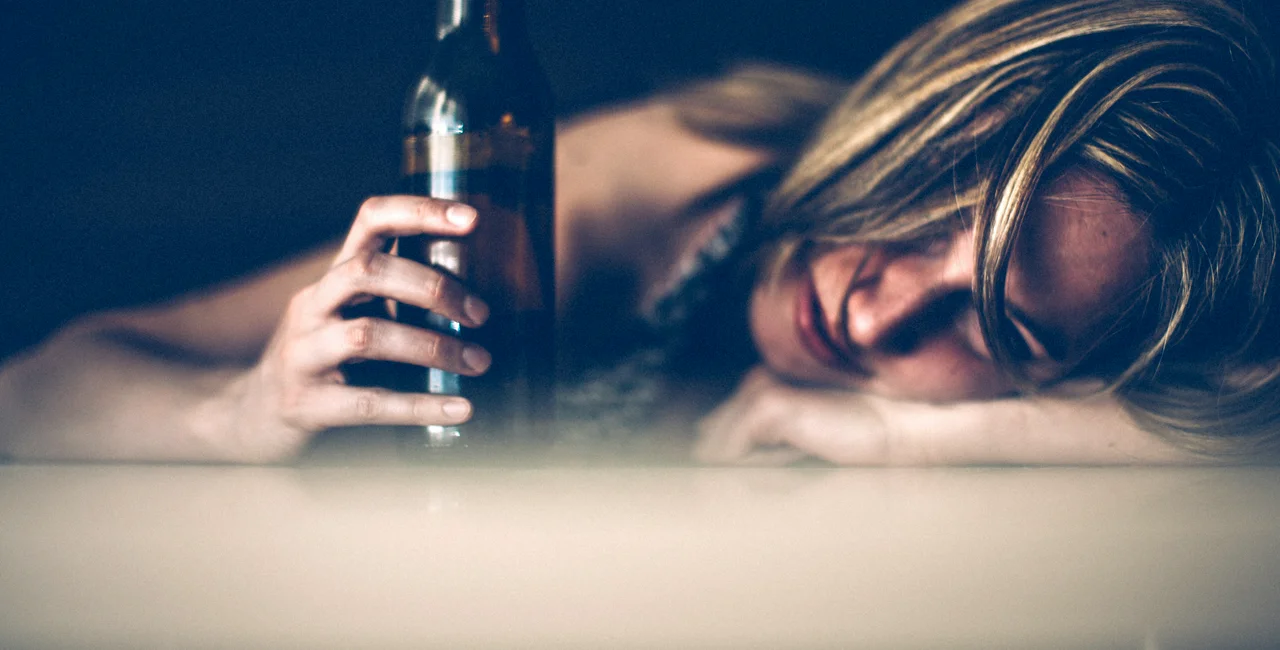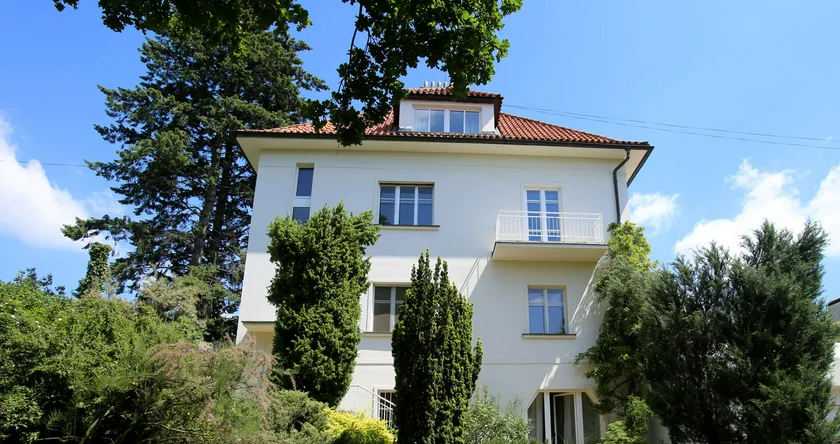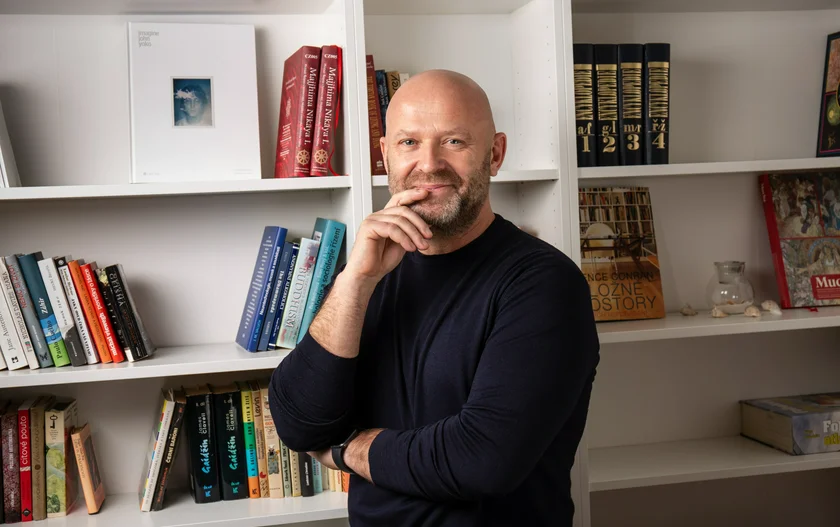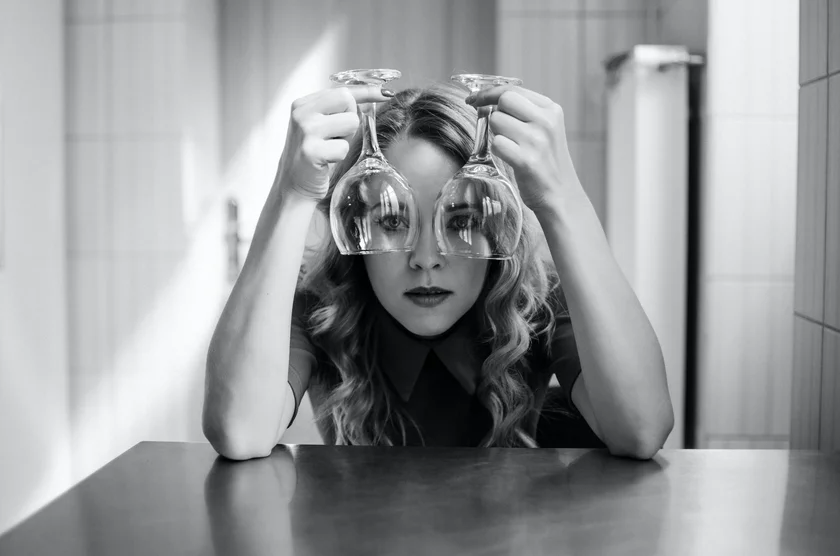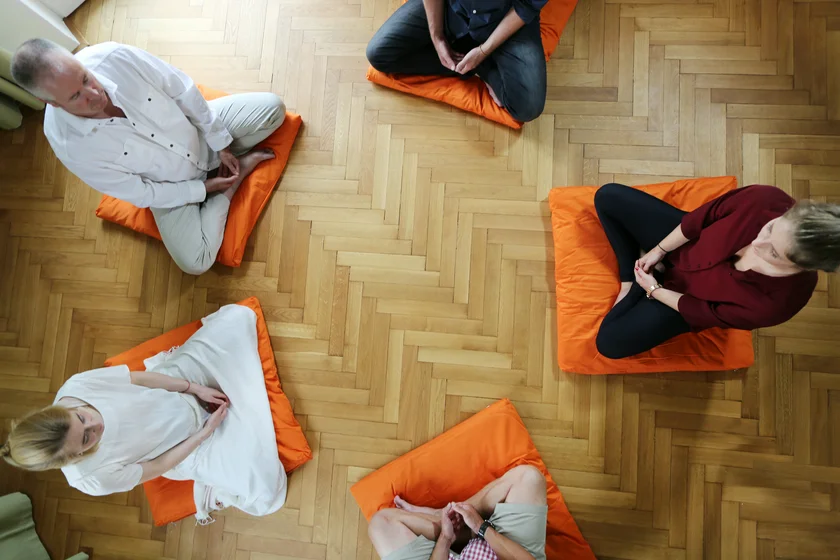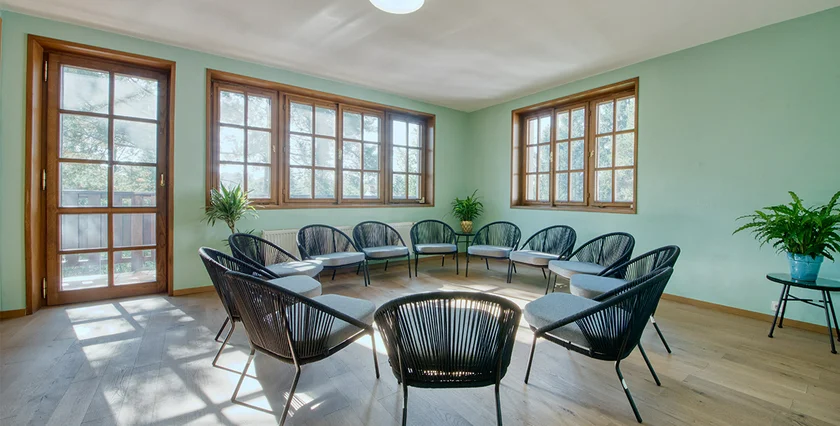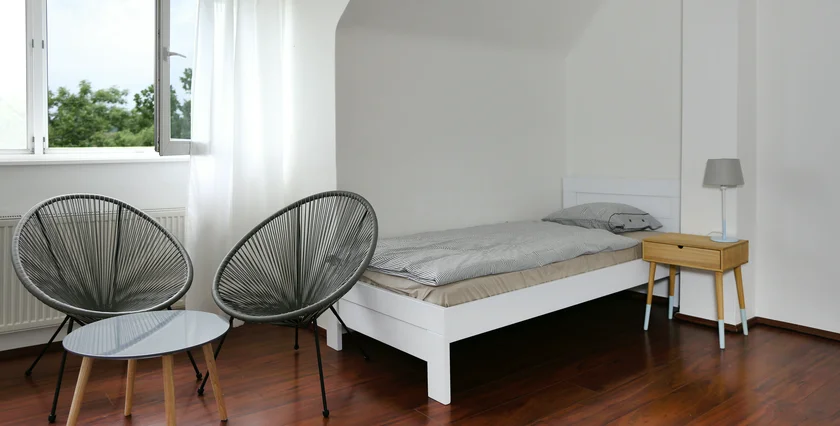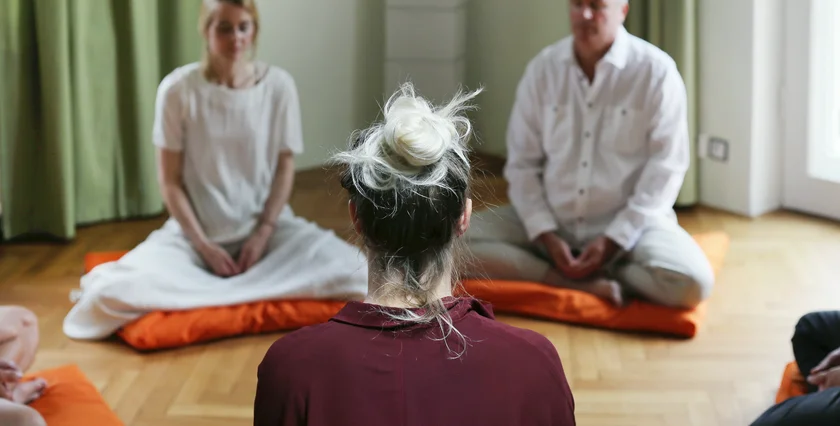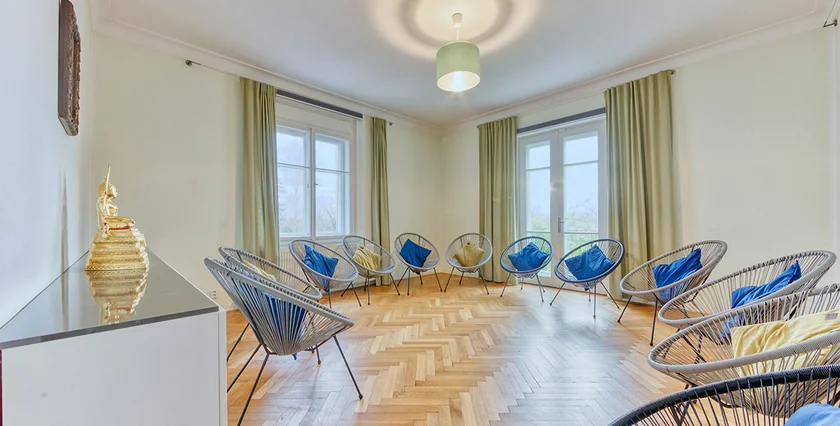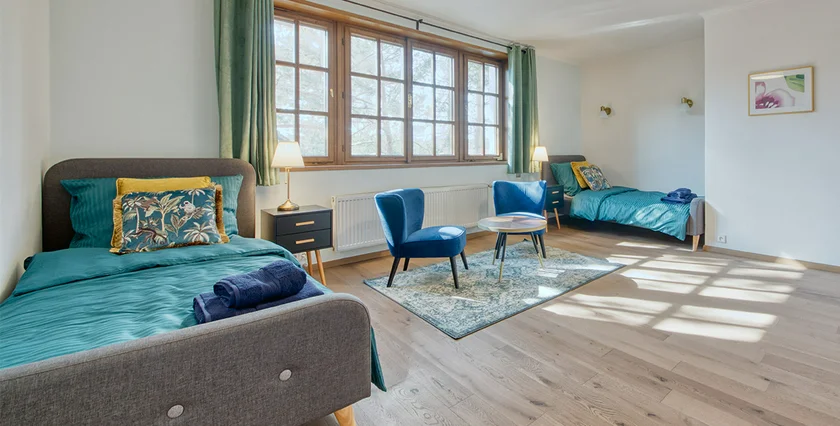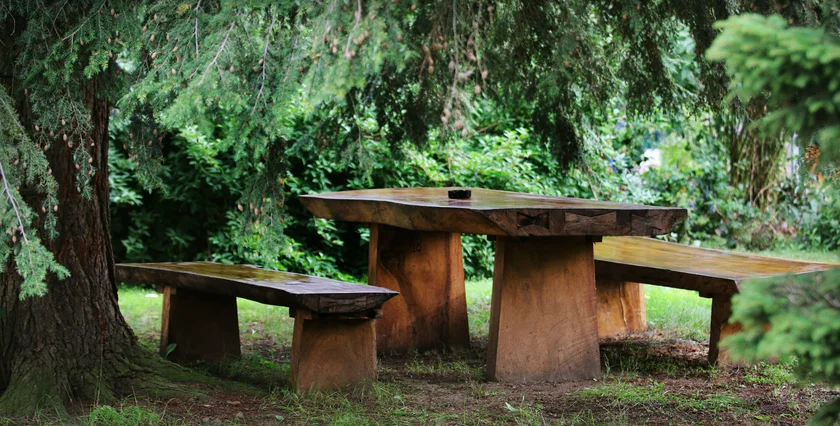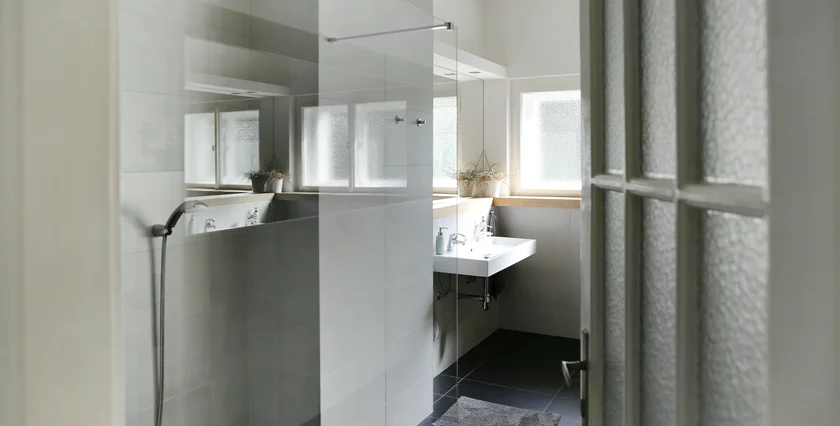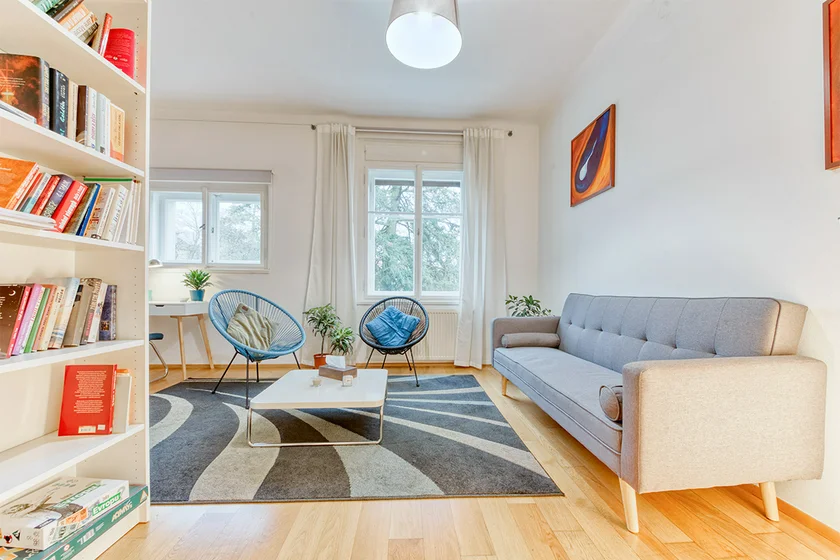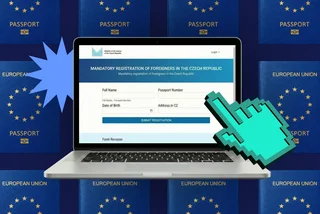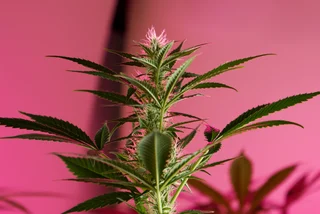Drinking culture and the expat life have long been romanticized in novels or films that feature foreigners gathering in the cafes and taverns of far-flung places to soak up endless cocktails along with the exotic atmosphere.
The reality of the situation, however, isn’t so picturesque. Expats coping with addiction issues in Prague and the Czech Republic, the beer capital of the world, regularly find themselves tempted by the country’s celebrated pub culture or work events where drinks play a primary role in entertainment.
While the pandemic years may have put a damper on pub-going, multiple studies have shown that the pandemic is pushing many social drinkers toward alcohol dependency and substance abuse as feelings of depression, burnout, and stress pile on.
Michael Ramon Bruer is a recovery coach for addiction and addiction intervention at NEO Centrum a recovery center housed in a First-Republic villa outside of Prague. He confirms that these are incredibly challenging times for everyone, but particularly for foreigners living in the Czech Republic.
“When one is isolated from family and friends back home it can be incredibly difficult to integrate into a healthy social structure. Going to bars and clubs is very easy and if you’re not used to engaging in non-party-type communities, you can fall into bad habits,” says Bruer who got sober in Prague following a lengthy struggle with alcohol and substance abuse.
The NEO Centrum Clinic Network which encompasses two residential clinics and one outpatient clinic was founded in 2017 by Libor Votruba, a high-profile Czech investor (his company Taiko operates the Prague Christmas markets) and therapist and addictionologist Aleš Kuda.
A former addict, Votruba is ten years sober thanks to meditation and therapy which both play a key role in the clinic’s approach to recovery.
"We wanted to create something for people who are looking for help in a dignified environment. And also change the view of those who develop problems with alcohol,” says Votruba who believes society tends to punish and blames addicts.
For those who are questioning their relationship with alcohol, both Votruba and Bruer recommend a period of abstinence. While Dry February is coming to a close there’s no better time to assess certain habits to determine whether social drinking has lapsed into problem territory and whether it’s time to seek out professional help.
- Alcoholics Anonymous: English-speaking meetings in Prague
- Al-Anon: English-speaking group
- Quiz: Drinkaware self-assessment audit
“For regular drinkers who believe they have no problem and can stop at any time, we like to recommend a thirty-day abstinence test; many people are surprised by how often and on which occasions they consume alcohol and aren’t even aware of it,” says Bruer.
Other signs that you have become negatively affected by use, include trouble in somatic, psychological, and social areas.
“At first, this may be reflected in relationships with your spouse, children, or other loved ones. You begin to fail in regular activities, mostly at work,” says Votruba.
Foreigners in the Czech Republic can face added difficulties finding help for addiction issues. While English-speaking chapters of AA do exist in Prague, the Western-style tradition of 12-steps and group support hasn’t always been a part of recovery in the Czech lands.
Compound this with the language barrier and many serious addiction issues in expats can remain unchecked.
“Not so many English-language treatment centers exist in Europe," says Bruer, "And we have seen that people either have to return to their home country or forgo rehab altogether.”
NEO Centrum takes a more holistic approach to recovery, one that is more commonly found in, say, California than Central Europe. Meditation, group therapy, individual counseling, and sports activities are all part of the program. Both outpatient consultation and residential in-patient care are available.
“The approaches we use are based on the vast experience of our team in treating different kinds of addictions, the latest findings on addiction therapy, and proven methods, such as a 12-step program and Vipassana meditation which is a unique feature of our program,” says Votruba.
Patients who undergo treatment at NEO Centrum also have the advantage of not being tied to the state system which allows them to maintain total anonymity.
The primary goal of the NEO Centrum program, however, isn’t just that its patients will stop drinking, says Votruba who believes that without rethinking one's entire lifestyle, sobriety is not possible.
“At NEO Centrum we assign a dominant role to relapse prevention, which is a highly effective method focusing on the client’s ability to manage high-risk situations and their overall ability to self-guard against addictive behavior,” he says, adding: “It’s about changing your life so that drugs or alcohol have no place in it.”
In the years since its opening, the clinic has seen increased interest among not only Czech patients, but the international community, recently adding additional English-speaking staff and therapists in an effort to better service the expat population.
Because addiction isn’t typically an isolated issue, accompanied as it often is by depression and burnout, NEO Centrum has 2-, 4-, and 6-week in-patient programs for problems that tend to plague expats including anxiety disorders, life crises, workaholism, and family and relationship issues.
“A big part of treatment is untangling these connections and learning how to live in a balanced way so that we don't feel the need to seek relief from substances in the first place and when we do suffer and need relief, we know how to do so in a healthy and non-destructive way,” says Votruba, now ten years sober.
Bruer says that while the Czech Republic does present challenges for those seeking a sober life, change is possible to those who are open to it.
“I personally got sober in Prague after 15-plus years of chronic alcohol and substance abuse and can honestly say that it is entirely possible to live a fun, rewarding, satisfying and yes, sober life, even in the heart of beer country."
This article was written in cooperation with NEO centrum. Read about our partner content policy here.












 Reading time: 4 minutes
Reading time: 4 minutes 